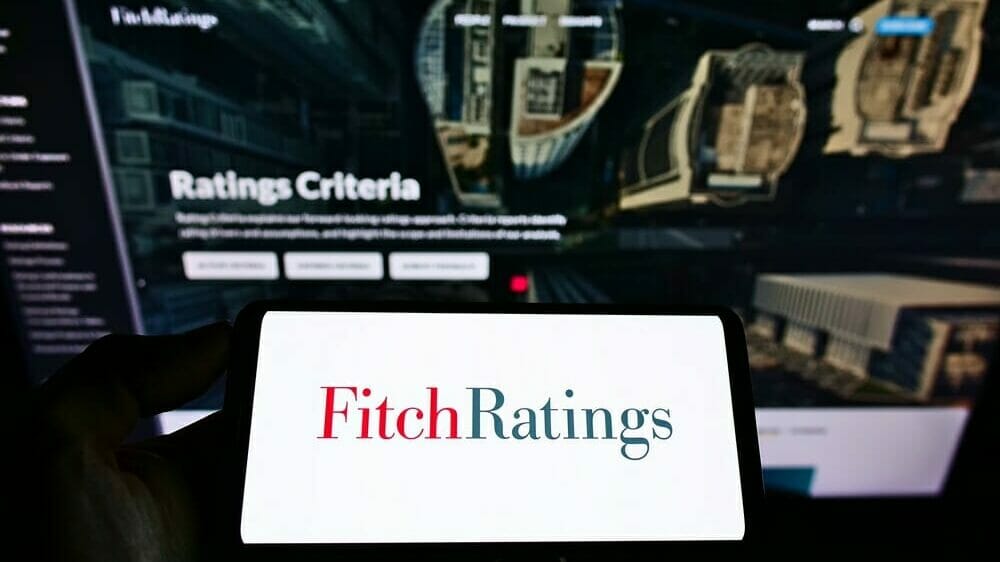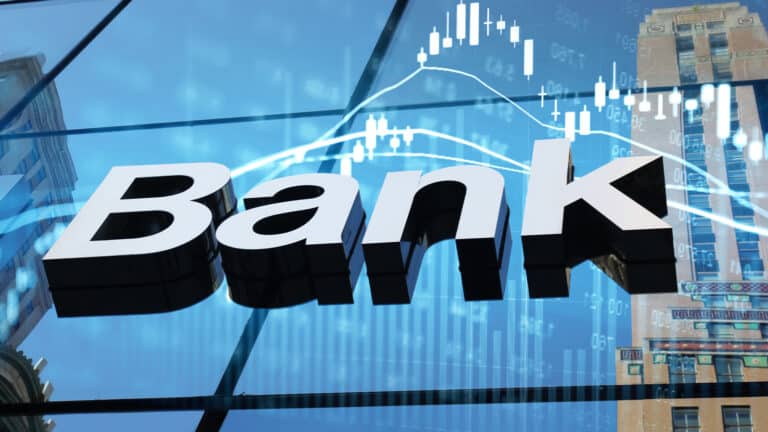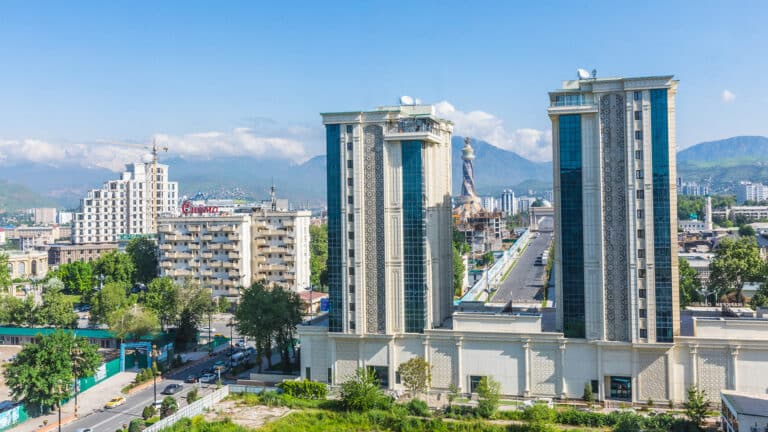
Fitch Ratings has affirmed Uzbekistan’s long-term foreign-currency (LTFC) issuer default rating (IDR) at ‘BB-‘, with a stable outlook, the rating agency reported.
Fitch rated Uzbekistan at BB- in December 2018 and hasn’t changed it since then.
According to the agency, Uzbekistan’s ratings reflect robust external and fiscal buffers, low government debt and a record of high growth relative to ‘BB’ rated peers’ on the one hand and high commodity dependence, high inflation and structural weaknesses in terms of low GDP per capita on the other hand.
Fitch noted that Uzbekistan’s government appears willing and able to proceed with key structural economic reforms, including privatization of state-owned enterprises (SOEs), rationalization of the number of ministries and size of the bureaucracy, and a continued reduction in preferential lending to stimulate competition in the economy.
Nevertheless, the agency says that political unrest in Karakalpakstan in July 2022 and energy shortages in January 2023 pose risks to the pace of these sensitive reforms. Fitch views the adoption of a liberalized regime of electricity prices, scheduled for May 2023, as an «important bellwether for the appetite and capacity for reforms, and for reducing the role of the state in the economy.»
Uzbekistan maintains strong commercial ties with Russia, given the latter is its largest trade partner. There are no discernible disruptions to bilateral trade settlements from sanctions, although in December 2022, Uzbekistan refused a Russian proposal to form a ‘Gas Union’ with itself and Kazakhstan for creating a common market for natural gas. This development might be a sign of Uzbekistan seeking to balance its dependence on Russia with boosting energy security.
The Uzbek economy grew 5.7% in 2022 (2021: 7.4%), driven by strong remittances (remittances from Russia grew 2.6 times to $14.5 billion or 18% of the country’s GDP), which propelled private consumption. Another factor that contributed to this growth was a solid boost in exports (mainly to Russia) and by an increase in government spending to mitigate the inflationary shock.
Fitch forecasts that Uzbekistan’s GDP will grow at 5.4% on average over the period from 2023 to 2024. The country’s general government debt (GGD) was at 34.4% of GDP at the end of 2022, well below the current ‘BB’ peer medians of 55%, and the agency is expecting that the rate will stabilize at 36.4% on average in 2023-2024.
In 2022, Uzbekistan reported inflation at 11.3%, above the central bank’s 10% target. Fitch expects inflation to moderate to under 9% by the end of 2024, with the trajectory dependent on the exchange rate, food price growth, fiscal consolidation and progress in improving competition in the domestic market.
In December 2022, Fitch affirmed Kazakhstan at ‘BBB’, outlook stable. Kazakhstan’s ‘BBB’ IDRs reflect strong fiscal and external balance sheets that have proven resilient to external shocks, and financing flexibility underpinned by accumulated oil revenue savings. Set against these strengths are its high dependence on commodities, higher inflation, weaker governance indicators and less developed economic policy framework relative to ‘BBB’ peers, the agency said in a statement at the time.
On March 4, 2023, S&P Global Ratings also affirmed Kazakhstan’s sovereign credit rating at BBB-/A-3, improving its outlook from negative to stable.













